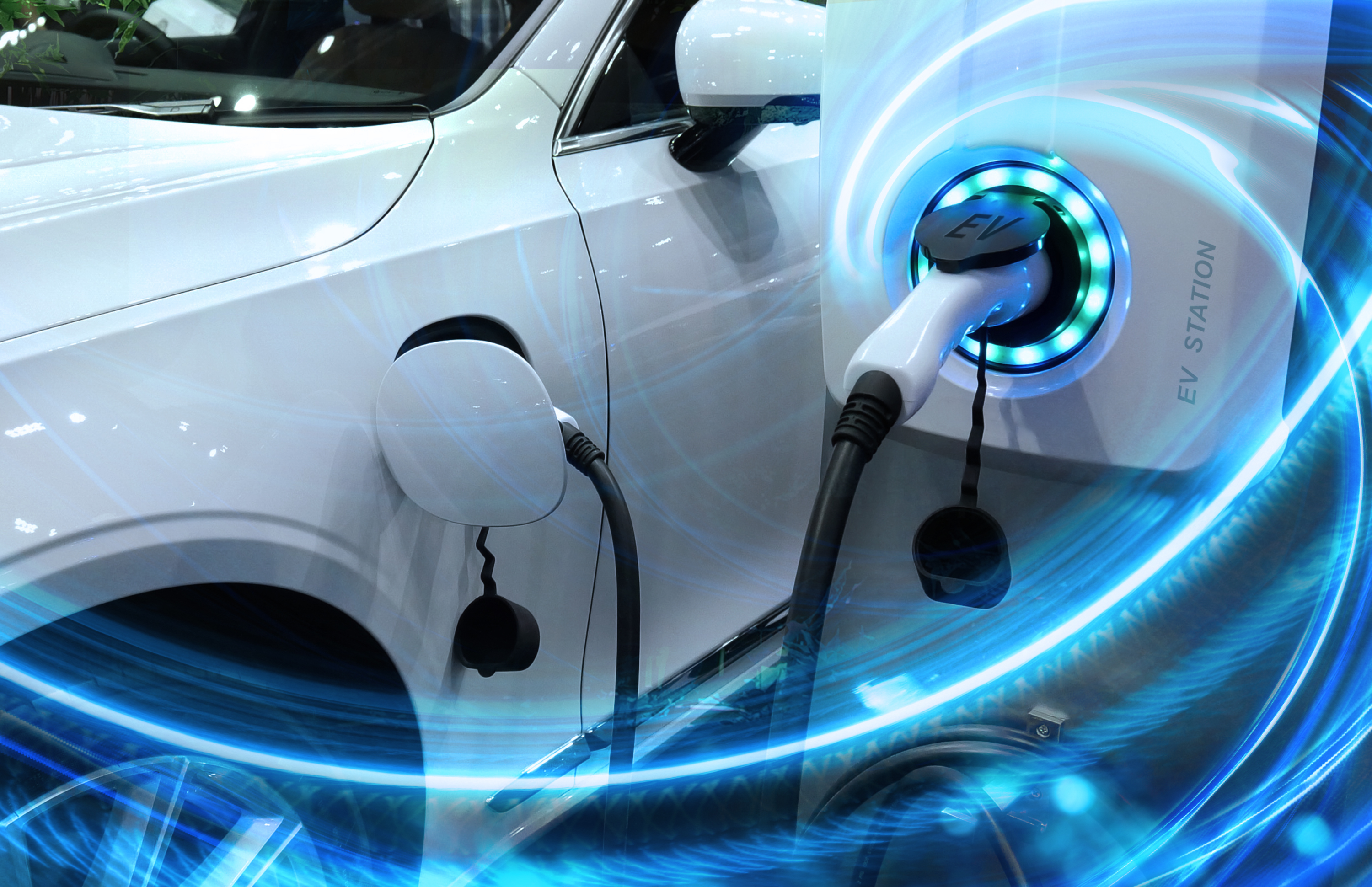Honda and Nissan consider merger in response to a faltering EV sales share and growing China presence
Opinion Pieces

19
Dec
2024
Honda and Nissan consider merger in response to a faltering EV sales share and growing China presence
Japanese carmakers Honda and Nissan are reported to be considering a merger to combat a dwindling global market share in the EV sector. The monumental rise of Chinese OEMs presents an immediate risk for the legacy automakers as global electrification targets near.
The merger talks are the latest collaborative step between the two companies, who announced in March that they would work together more closely to develop their technology for EV production.
As governments and policy makers worldwide look to phase out ICEs long term, the shift towards EVs has left some legacy OEMs struggling to keep up. Data from Project Blue's Lithium-Ion Batteries Research Service, shown below, illustrates clearly the scale of the challenge Honda and Nissan face in the EV market, which is currently dominated by BYD and Tesla in terms of BEV and PHEV production globally.
- Between January and October 2024, BYD sold almost 12 times as many models as Honda and Nissan combined
- Furthermore, 7 out of the top 15 OEMs for BEV and PHEV sales are from China, which highlights their market dominance in 2024
Without an element of risk-taking with decisions moving forward, many legacy OEMs risk falling even further behind the curve. In exploring a potential merger, Honda and Nissan are showing a willingness to act in order to compete with Chinese EV producers in future.
Whilst a merger like this may be a positive move for the two auto giants, the pair’s lack of presence within the ever-evolving EV sector still poses a major risk moving forward. A bold, new EV strategy and wider collaboration upstream is imperative. Many legacy OEMs have demonstrated novel brand strategies to rejuvenate their image, from Jaguar’s bold rebrand to BMW’s more conservative Vision Neue Klasse. Perhaps such an approach will be required for Nissan and Honda to improve collaborative gains and claw back market share.